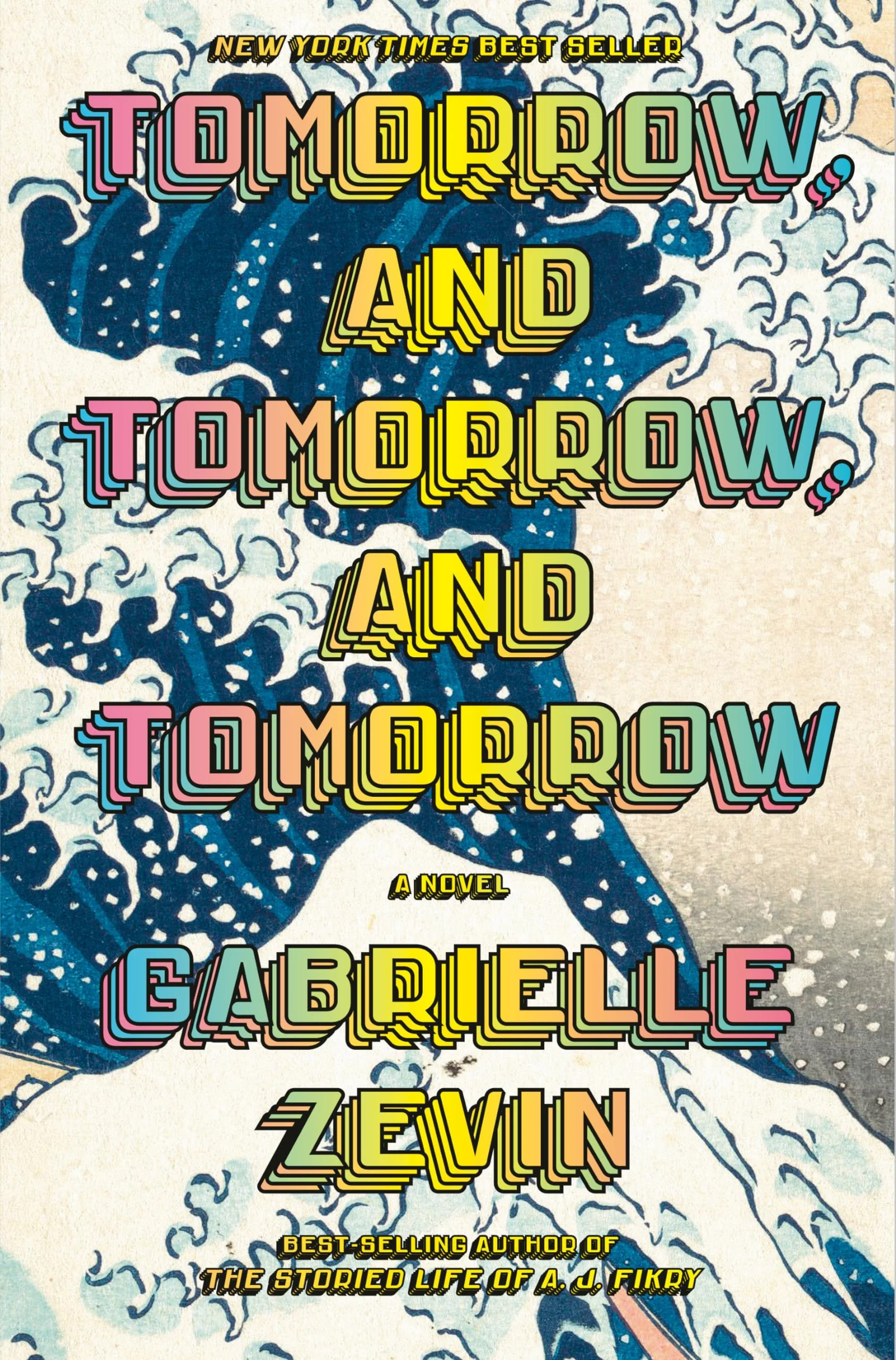Taylor Jenkins Reid’s The Seven Husbands of Evelyn Hugo has captured readers worldwide with its compelling narrative, striking emotional depth, and richly layered characters. Published in 2017, the novel weaves together the allure of old Hollywood glamor with the pain of personal sacrifice.
It tells the life story of fictional film icon Evelyn Hugo, a woman who rose to fame through talent, strategy, and carefully constructed image—only to reveal, later in life, a deeply human tale of love, heartbreak, and resilience.
As the story unfolds through an interview between Evelyn and an ambitious journalist named Monique Grant, readers are taken on a journey through decades of Evelyn’s life. From her humble beginnings in Hell’s Kitchen to the heights of movie stardom, the novel dissects the cost of fame and the complexity of living a truth buried beneath public expectation.
The Structure: Framing the Past Through the Present
One of the strengths of Reid’s novel lies in its narrative structure. Rather than delivering a traditional, linear biography, the author frames Evelyn’s story through her final, exclusive interview with Monique. This device serves multiple purposes: it gives the reader a modern lens through which to process Evelyn’s era, adds a layer of mystery regarding Monique’s personal connection to the story, and allows the plot to explore legacy—both the one we inherit and the one we leave behind.
Monique, though a seemingly secondary character, evolves as a mirror to Evelyn, offering a point of reflection on ambition, self-worth, and personal growth. The contrast between their generations and the decisions they face strengthens the emotional core of the novel.
The Seven Husbands: Image vs. Intimacy
Each of Evelyn’s seven marriages serves not only as a chronological anchor for the narrative but also as a thematic exploration of power, gender dynamics, and societal expectations. Rather than focusing on the men themselves, the book turns the spotlight on what each relationship reveals about Evelyn and her evolving identity.
- Ernie Diaz represents escape—her first step away from poverty.
- Don Adler embodies the dangers of domestic violence and the abuse often hidden behind fame.
- Mick Riva is a cautionary tale in impulsiveness and manipulation.
- Rex North is a partnership of convenience—offering mutual benefit without emotional ties.
- Harry Cameron is Evelyn’s most meaningful friendship and emotional anchor. Their bond provides stability and acceptance.
- Max Girard highlights ego and misplaced trust under the guise of artistic admiration.
- Robert Jamison brings closure, representing family more than romantic passion.
Though the husbands’ names adorn the title, the novel makes it clear that Evelyn’s greatest love was not any of them—but rather Celia St. James, a fellow actress whose relationship with Evelyn is both passionate and tragically constrained by societal norms.
Fame: Constructing the Public Persona
Fame, in The Seven Husbands of Evelyn Hugo, is a double-edged sword. It grants power, money, and legacy, but also demands relentless image control and self-denial. Evelyn is not deluded about this; she manipulates the Hollywood system as much as it manipulates her. She leverages her body, her story, and even her relationships to gain visibility and stay relevant.
However, this mastery of perception comes at a cost. Evelyn often makes morally ambiguous choices, and the novel does not excuse her actions. Instead, it invites readers to understand the context behind them. She is both a victim and an agent of the fame machine—making her one of the most complex and compelling fictional women in contemporary literature.
Love: Intimacy in the Shadows
At the core of Evelyn’s emotional world is her relationship with Celia St. James. Their love story is marked by yearning, secrecy, betrayal, and reconciliation. In a time when homosexuality could destroy careers, Evelyn and Celia are forced to hide their love behind fake marriages and public deception.
Evelyn’s bisexuality is portrayed with nuance, capturing the fluidity of her desires and the difficulty of navigating identity in a rigid society. The novel explores how love can be powerful yet fragile, capable of both healing and hurting. Evelyn and Celia’s relationship is not perfect, but it is authentic—and it is this authenticity that makes it so heartbreaking when external pressures tear them apart.
Loss: The Weight of Choices
Loss permeates The Seven Husbands of Evelyn Hugo. The losses are emotional, relational, and moral. Evelyn loses her privacy, her freedom, her daughter’s trust, and the opportunity to live fully in her truth for much of her life. The choices she makes—while often understandable—leave her isolated in old age.
Harry Cameron’s death, in particular, serves as a turning point in the novel. Their bond—platonic yet profound—is one of the few sources of emotional stability in Evelyn’s life. His loss is not just that of a friend but a kindred spirit who understood the masks they both had to wear.
The tragedy of Celia’s illness and eventual passing further emphasizes the theme of impermanence. Evelyn is left to reckon with a life filled with dazzling highs and crushing lows. She gains the world but loses the intimacy that might have made it all worthwhile.
The Final Twist: Monique’s Revelation
The novel’s final twist—that Monique’s father died in a car crash involving Harry and his lover—adds a chilling layer to Evelyn’s confessional. It forces Monique to confront the blurred line between truth and justice. Should Evelyn’s story be told, even if it hurts others?
This moral dilemma mirrors Evelyn’s own life: choices that benefit some often come at the cost of others. The ambiguity here enriches the narrative, reminding readers that stories are rarely black and white.


